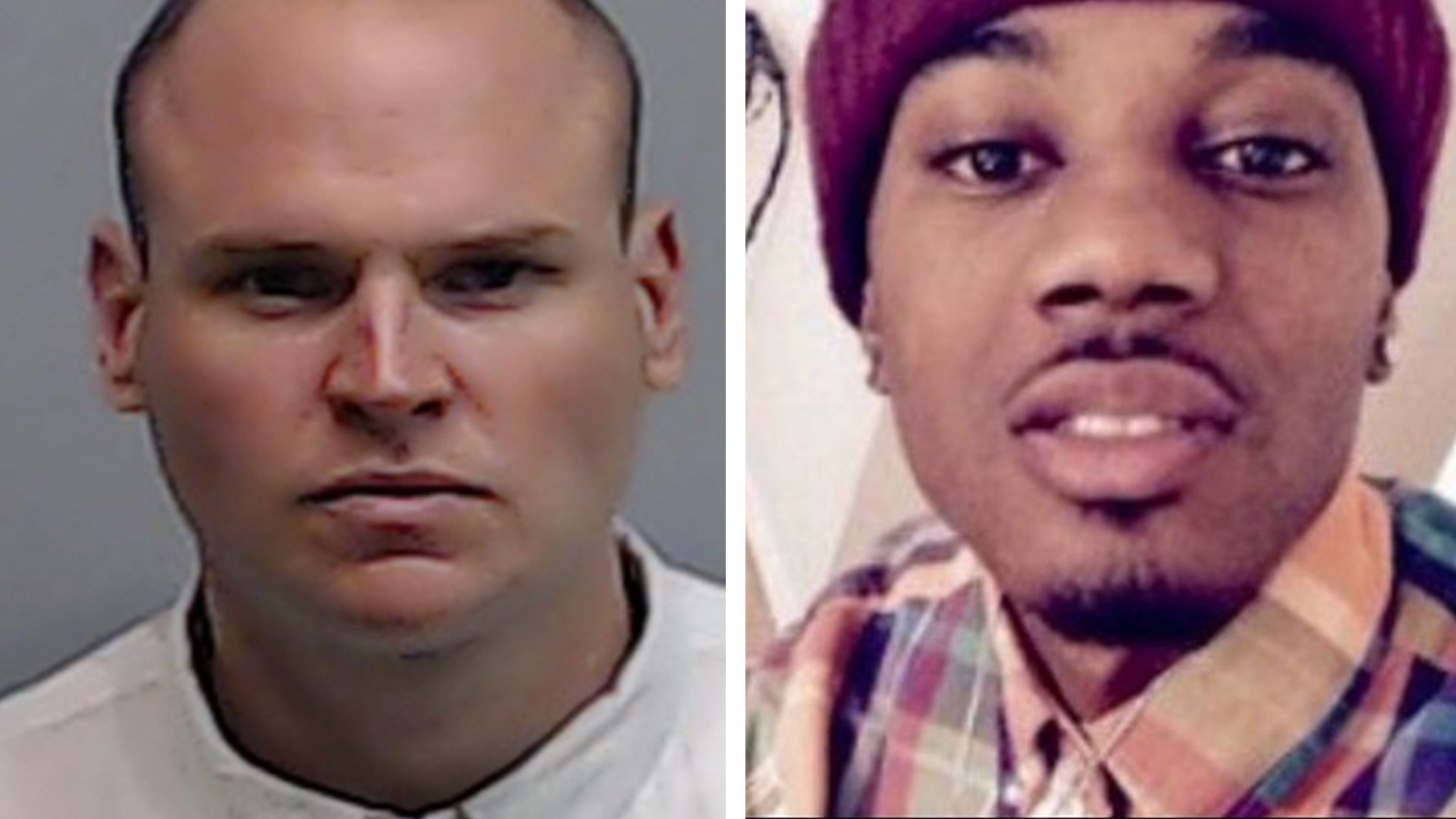ATLANTA — The Georgia Supreme Court has upheld a murder indictment against ex-Atlanta Police officer James Rolfe Burns in the 2016 killing of Caine Rogers.
Attorneys for Burns had argued the indictment against the former officer should be thrown out, following a long and halting legal process that included the case briefly being dropped in 2018 before he was re-indicted that same year.
The argument was based around changes to Georgia law in 2016 that removed certain privileges for public officials in grand jury proceedings. His lawyers had contended Burns should be subject to legal procedures under the old rules instead of the new ones.
RELATED: Video shows Atlanta police shooting that killed man who likely didn't know he was a suspect
In a decision released Tuesday, the state Supreme Court said that because the 2016 changes to the law “merely changed the procedures for providing notice of a grand jury hearing to an accused police officer and the procedures under which an accused officer may be present,” Burns was subject to the new rules in the 2018 grand jury proceedings.
In the 2016 incident, Burns was responding as backup to a call of a suspicious person, possibly breaking into cars, at an apartment complex off of Monroe Drive, when 22-year-old Rogers came upon him in his car.
Burns put his lights and siren on, and pulled in front of Rogers' car, but Rogers tried to continue around him. Burns fired a single shot into the passenger side of the car, hitting and killing Rogers.
Initially, Burns allegedly told investigators Rogers tried to run him over with a car, but an internal affairs investigation found Rogers posed no threat to Burns. Dashcam video released in 2020 showed there was no attempt to ram the officer's car head-on or otherwise run him over.
Shean Williams, an attorney for the family, said "evidence strongly suggests" he had no involvement in the break-ins that initiated the police call.
At the time of the shooting, state law allowed officers who were the subject of grand jury proceedings to be present along with their defense counsel. They could also make a statement to the grand jury and couldn't be questioned by prosecutors.
But after the shooting and before the grand jury proceedings in Burns' case, the state law was amended and officers could no longer have their attorney present; if the officer made a statement they could be questioned by prosecutors.

